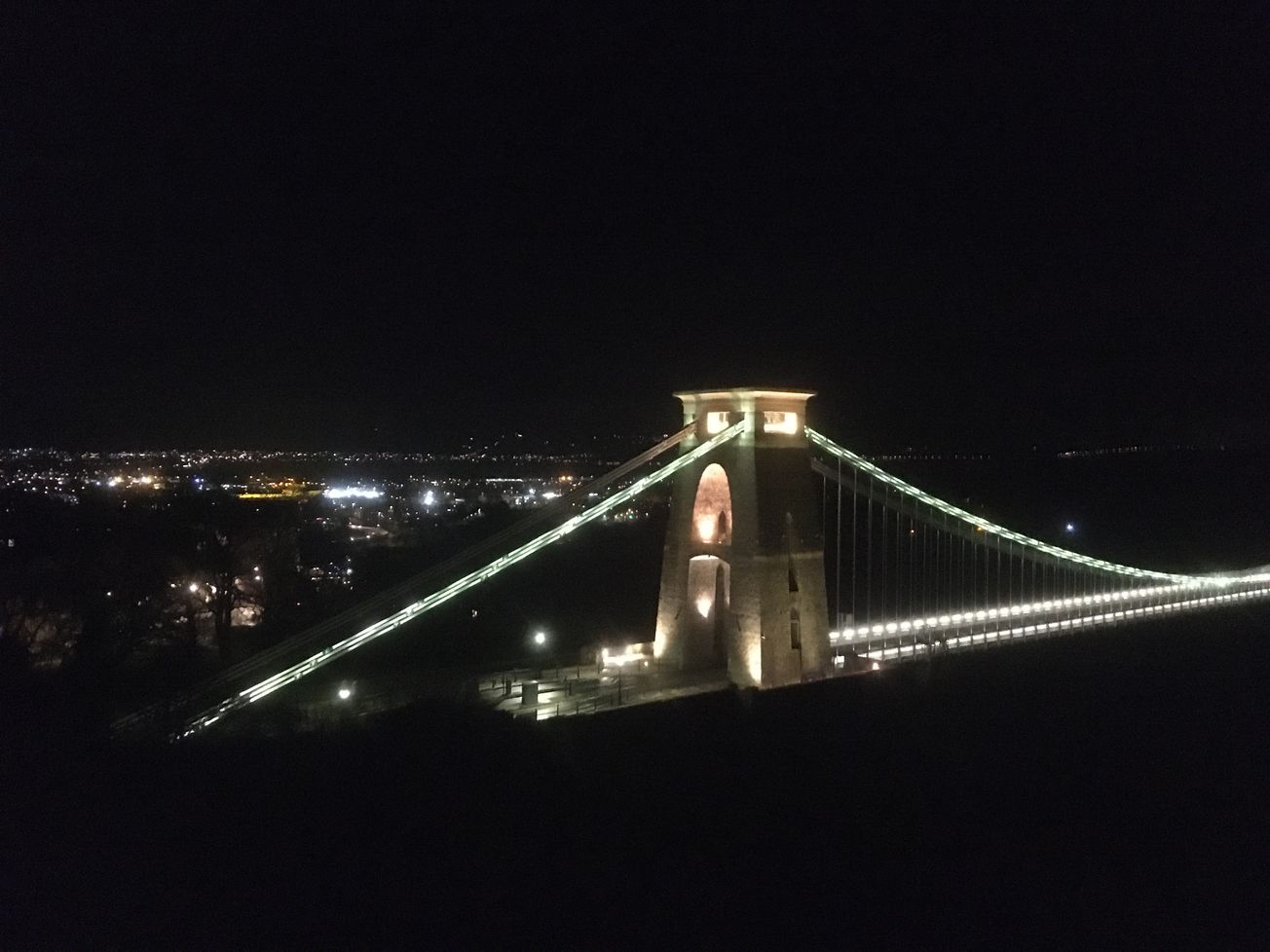By Hannah Grier, Second Year, Politics and Spanish
This November, women in Bristol and across the country may not be taking to the streets, as they would have normally, for the annual Reclaim the Night march. However, following a year of such tangible isolation, where there has been a noted rise in violence against women behind closed doors, standing in solidarity remains as important as ever.
In a year defined by separation, I hope that events surrounding such an important issue can serve to bring students together to reclaim their right to feel safe in their own bodies, streets and in their homes.
In relation to the spike in domestic violence cases during lockdown, Dr Emma Williamson, Head of the Centre for Gender and Violence Research at Bristol University explained, ‘Isolation is one of the main key tools around coercive control’ inflicted by perpetrators of domestic violence.

It is, therefore, sadly not surprising that a 22% increase in domestic abuse crimes in Bristol has been reported between March and May this year, by comparison to 2019. This, of course, only accounts for those who were in a position to report their experience.
Tragically, the fatalities of this pandemic go far beyond those killed directly by the virus; it has also been the catalyst to an epidemic of domestic violence related deaths.
Do not be mistaken: these increased instances of domestic violence are neither the beginning nor end of the repercussions of systemic misogyny, victim blaming and years of government cuts to support services. All of which, have led to a surge in domestic violence and unfortunately, deaths.
A 22% increase in domestic abuse crimes in Bristol has been reported
The very fact that violence against women was so widely predicted to be a symptom of the pandemic only serves to highlight the underlining issue: that millions of women worldwide are not safe within their home environments.
The pandemic did not create the predominantly male perpetrators of domestic violence or a culture in which women feel they must suffer in silence. The crux of the Reclaim the Night movement, and the reason for which it remains so important, is that it gives women an opportunity to raise their voice above this silence and fight back.
Feminism has progressed greatly since the first Reclaim the Night march in 1977. Though the central demand for women’s safety in public and private spaces remains, I believe there is still much to be gained in highlighting the intersectional experiences of trans women and women of colour.
Women cannot be equal until all women are equal
It is crucial that as a movement so central to modern feminism, Reclaim the Night stands against a white feminism which subverts voices of colour and so-called gender critical feminists who actively fight against the rights of transgender women, despite the disproportionate violence faced particularly by black trans women.
With the resurgence of the Black Lives Matter movement over the summer, it will be interesting to see how this year’s Reclaim the Night events seek to protect black women.
The University’s Gender and Ethnicity pay gap report from earlier this year found that in addition to an 18.6% gender pay gap amongst staff, there is an 8.6% ethnicity pay gap.
'Reclaim the Night': Hundreds take to the streets to demand gender equality
A portrait of the feminist as a young man
This, providing just one example of the racism which prevails within our institutions. It seems clear that it is not sufficient for the women’s fight to take place in isolation to the intersecting forms of oppression which permeate our society.
Therefore, I hope that the message of this year's Reclaim the Night will be loud and clear: women cannot be equal until all women are equal. All women can stand in solidarity against oppression in all its forms, in our collective experience of fear of violence and in hope of a future where our daughters need not be afraid.
Featured Image: Epigram / Robin Connolly
Are you taking part in the Reclaim the Night march this year?









